First Person
is a regular feature of DePauw Magazine, which is published three times a year.
They came to DePauw in the wake of two political assassinations and the riots at the Democratic National Convention in Chicago. A month after graduation, the Watergate burglary occurred. In the interim, they witnessed the Vietnam war and the killing by National Guardsmen of four peers at Kent State University. So how does the DePauw experience for members of the Class of 1972 differ from that of the Class of 2022?
We asked Louis Smogor, DePauw’s longest-serving, full-time faculty member, to ruminate on his experiences as a young mathematics professor who started at DePauw in 1969 and has taught an estimated 5,000 students over nearly 50 years in the profession.
I wasn’t much older than my students when I arrived on campus. I had been drafted but high blood pressure classified me 4-F, exempting me from service at the height of the war. Anti-war protests were raging across the country and at DePauw, but with mathematics students being what they are, the protests did not permeate our department’s walls. Some of us in the department were unhappy about that. We felt that mathematics students should not be so divorced from current events – because they were really divorced – and that they should have been more intellectually involved. One math student, however, took things too far when he and another student tried on May 1, 1970, to burn down the Quonset hut that served as the campus ROTC headquarters.
As one might imagine, a lot has changed since then. When I told my students in the 1980s that I wanted them to read the material before class, there was near rebellion. Today’s students are more sophisticated about learning and they understand my reasons for that approach. They also appreciate our small-group activities – something that never would have happened in the 1970s – because they expose them to the kind of teamwork they are likely to experience in the workplace.
Indeed, rather than a war halfway around the world, the defining moment for students today seems to be the 2008 recession. In conversations that simply never occurred early in my career, my advisees express concerns about their futures, sometimes lamenting that they’d prefer to take more mathematics classes – presumably to be better prepared for jobs – rather than the general education requirements. I remind them that it’s exceedingly unlikely that, 10 years after graduation, they’ll still be working in the same job they get right out of school. You’re going to change jobs, I tell them, and to do that, you’re going to have to learn new stuff. And there isn’t going to be anybody to teach you. You’re going to have to absorb it yourself. That’s what you’re learning to do. All these other classes are teaching you how to think.
DePauw Magazine
Fall 2018
 1,000 WORDS’ WORTH
1,000 WORDS’ WORTH Gifted surgeon gives up lucrative practice to give sight to others
Gifted surgeon gives up lucrative practice to give sight to others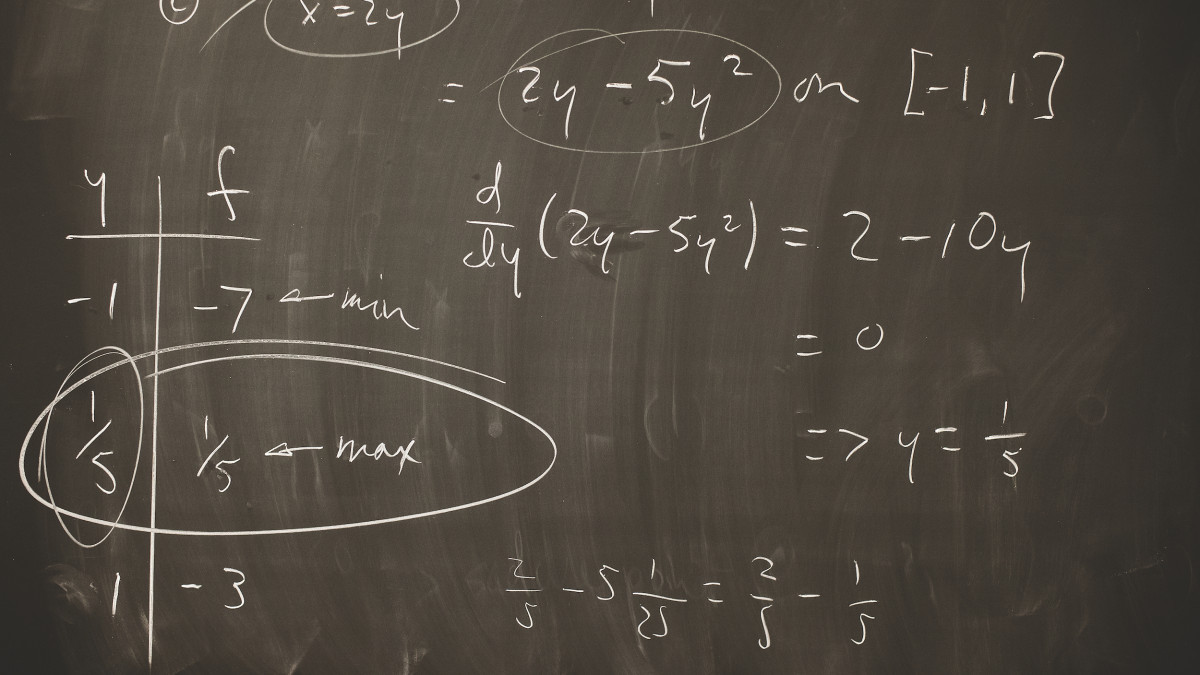 First Person with Louis Smogor
First Person with Louis Smogor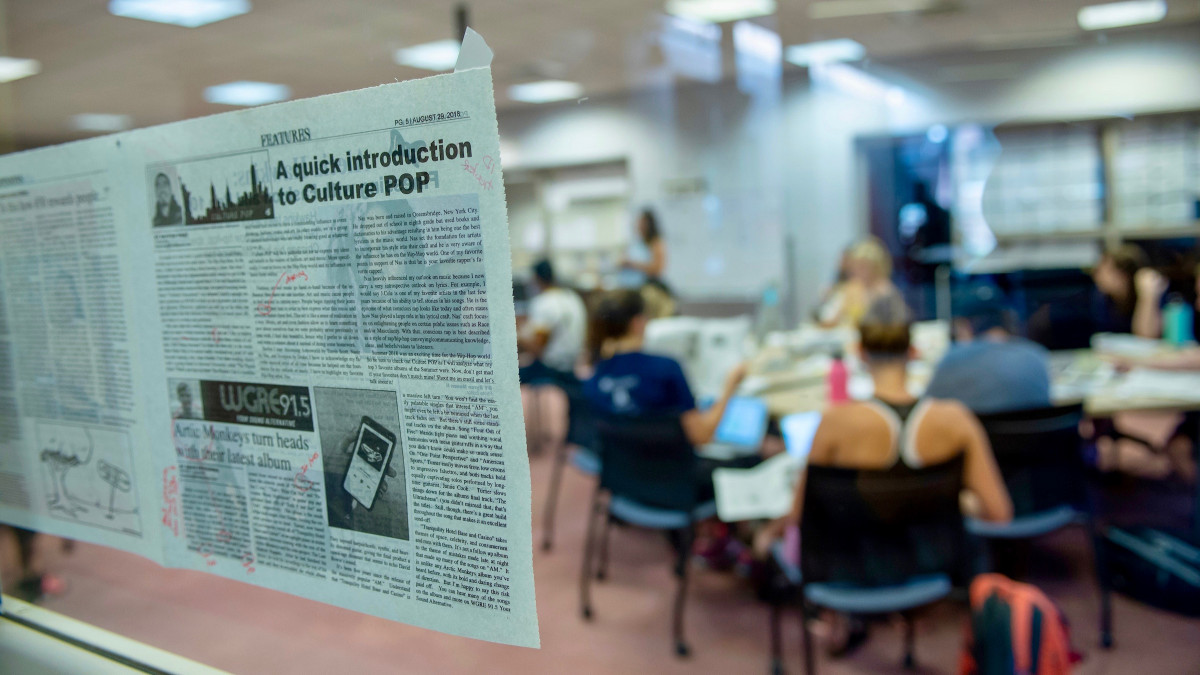 Practitioner or consumer?
Practitioner or consumer?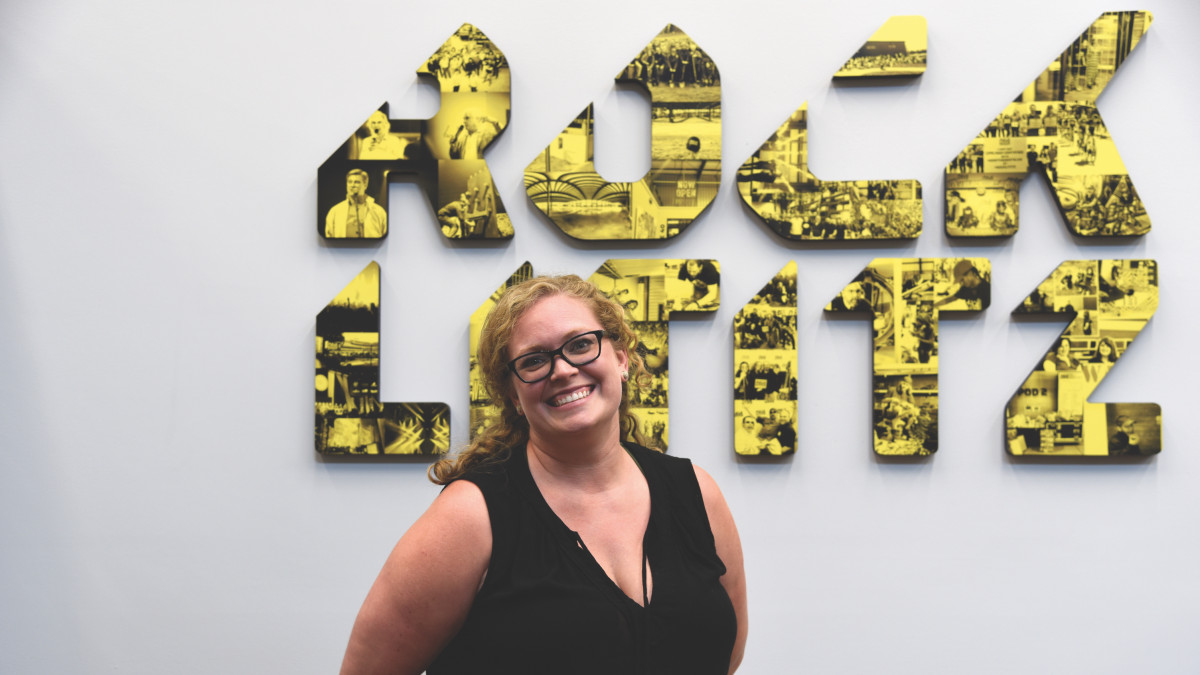 The Storytellers
The Storytellers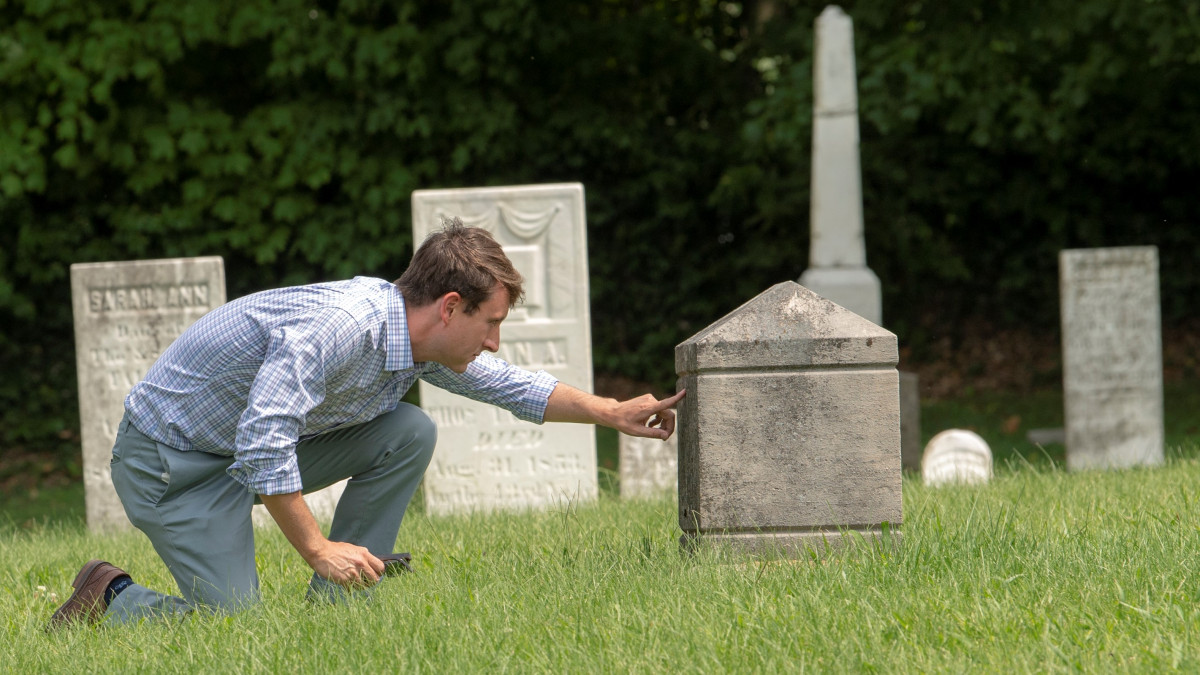 Hidden legacy: Genealogical search strengthens alum's bond to DePauw
Hidden legacy: Genealogical search strengthens alum's bond to DePauw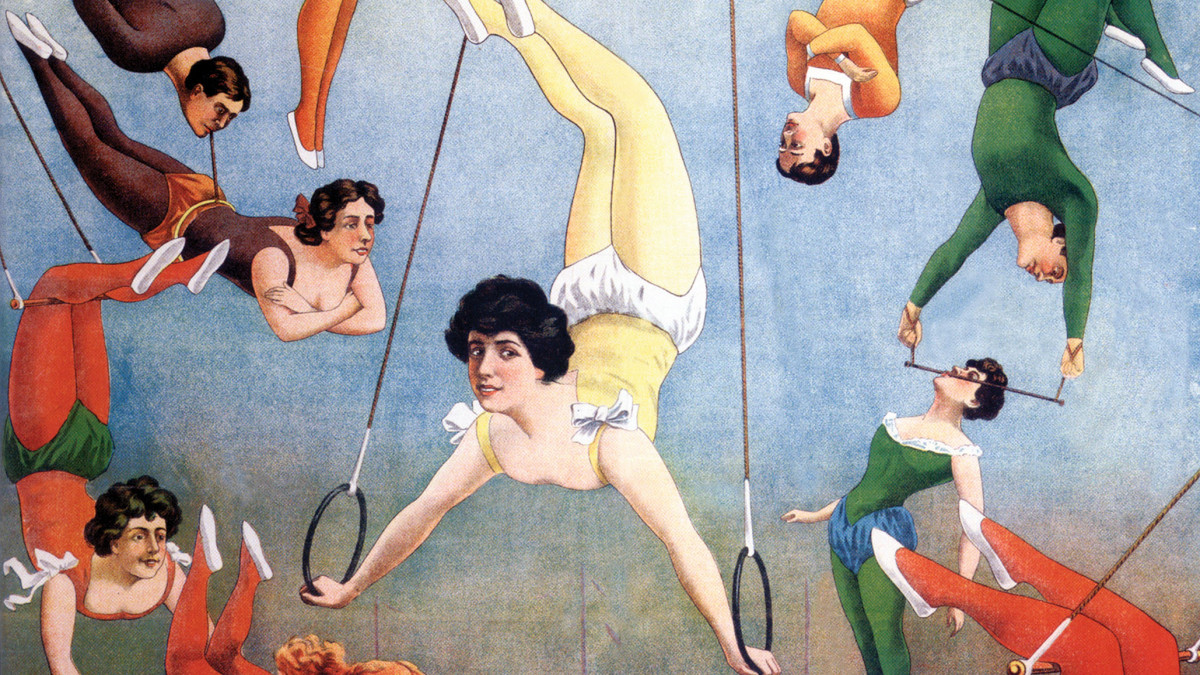 The High-Flyin’ Class of ’92
The High-Flyin’ Class of ’92 This stuff sticks onto your person
This stuff sticks onto your person
DePauw Stories
A GATHERING PLACE FOR STORYTELLING ABOUT DEPAUW UNIVERSITY
Browse other stories
-
Athletics
-
Women's Lacrosse - Tigers Move to 8-5 with Win at Wittenberg
-
Baseball - Vallone Chosen NCAC Baseball Pitcher of the Week
-
Men's Golf - Benedict Selected NCAC Men's Golfer of the Week
More Athletics
-
-
News
-
Professor David Alvarez receives prestigious Fulbright award
-
2024 Total Eclipse at DePauw
-
DePauw University receives $200 million in gifts for transformational liberal arts education
More News
-
-
People & Profiles
-
11 alums make list of influential Hoosiers
-
DePauw welcomes Dr. Manal Shalaby as Fulbright Scholar-in-Residence
-
DePauw Names New Vice President for Communications and Strategy and Chief of Staff
More People & Profiles
-
-
Have a story idea?
Whether we are writing about the intellectual challenge of our classrooms, a campus life that builds leadership, incredible faculty achievements or the seemingly endless stories of alumni success, we think DePauw has some fun stories to tell.
-
Communications & Marketing
101 E. Seminary St.
Greencastle, IN, 46135-0037
communicate@depauw.eduNews and Media
-
News media: For help with a story, contact:
Bob Weaver, Senior Director of Communications.
bobweaver@depauw.edu.